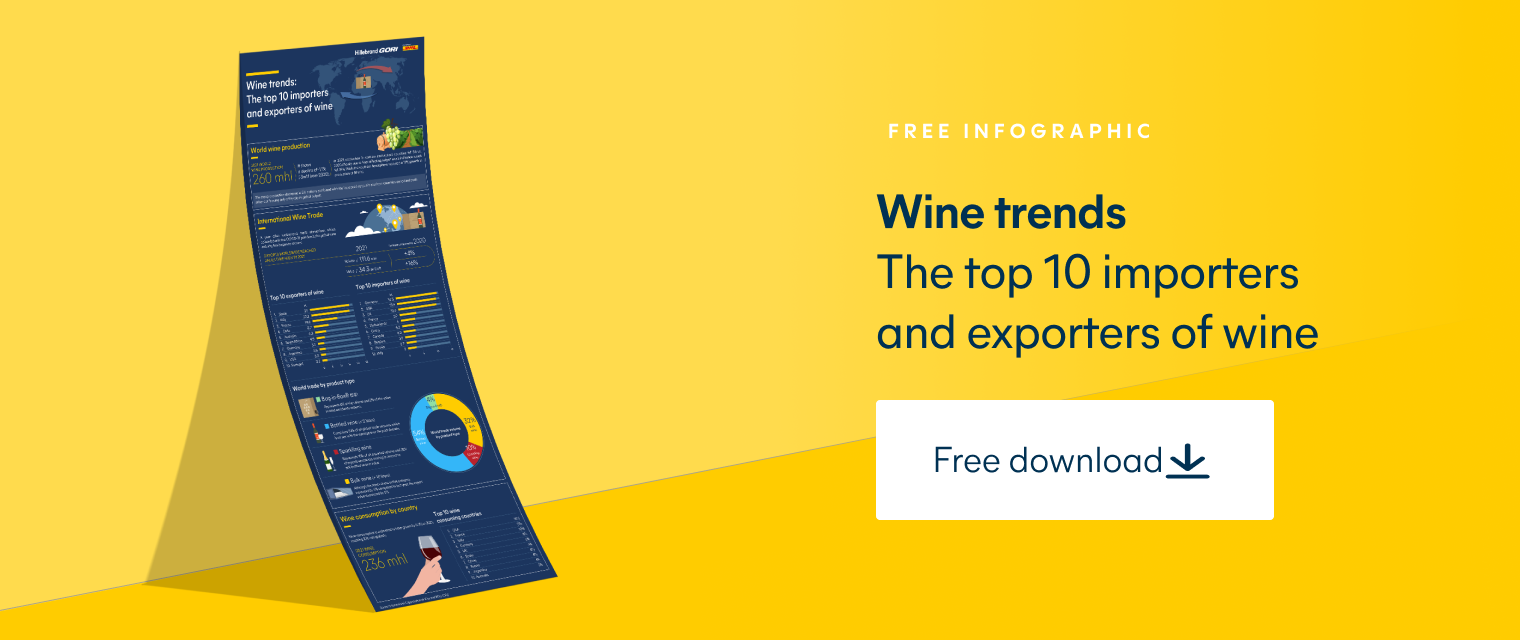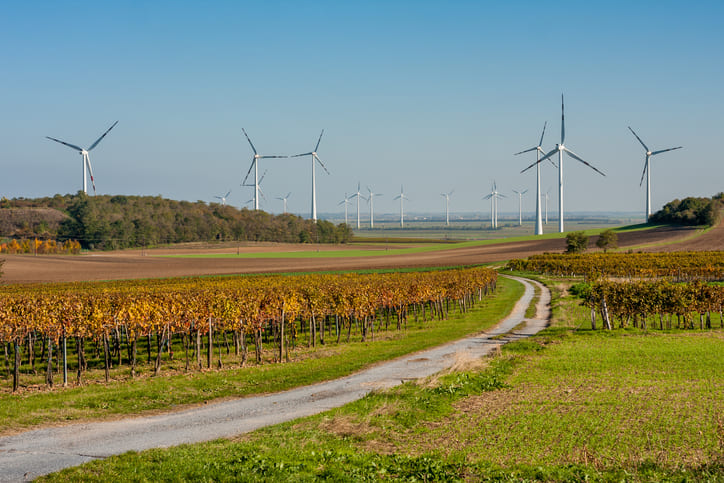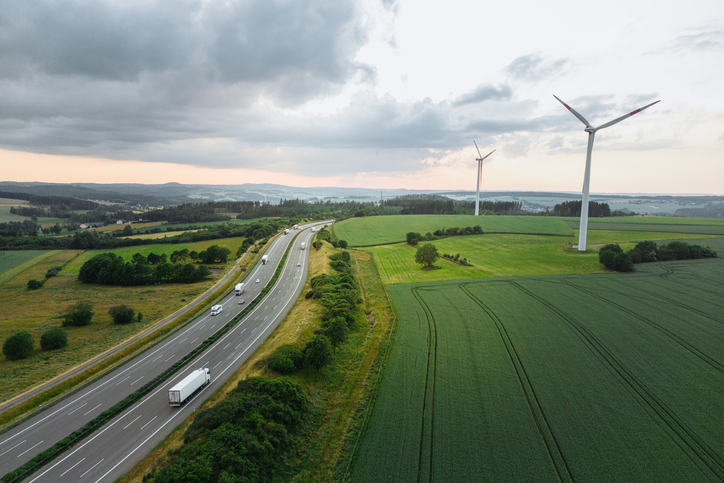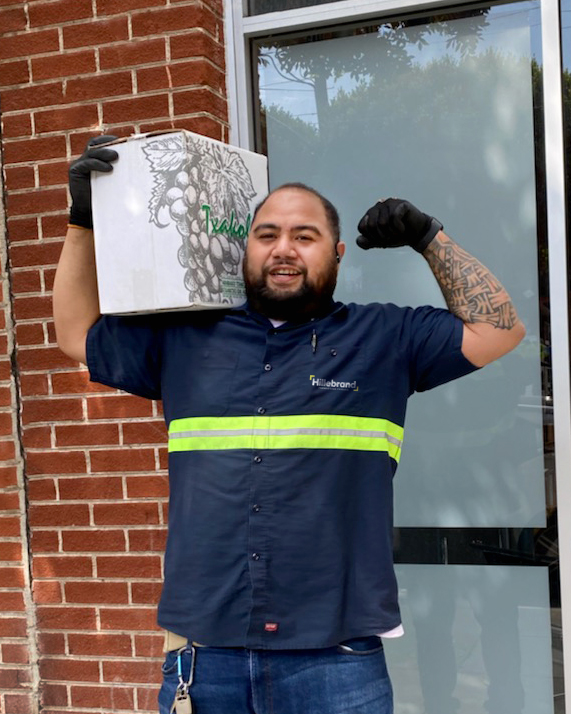Decoding transportation sustainability terminology
Transportation sustainability is one of the most important global topics of our time. In the shipping industry, transportation sustainability refers to the way goods are moved, while having minimal negative impact on the environment. Making transport more sustainable matters for the planet, as well as to your customers. Consumers care about sustainability and take it into account when deciding what to purchase and who to purchase it from.
Maritime shipping plays an essential role in the world economy and is one of the most efficient modes of transport, but it is also a source of greenhouse gas emissions. In 2018, global shipping emissions were responsible for around 3% of global greenhouse gas emissions. In the future, emissions from shipping could increase if further action is not taken to improve transportation sustainability.
However, the terms used to describe sustainable practices in transport can be unfamiliar and confusing if you’re not already in the know. To help demystify transportation sustainability, here is a breakdown of the commonly used terms and concepts you should be aware of.
What are the key terms to know in transportation sustainability?
Everyone in the alcoholic beverage industry has a part to play in tackling transportation sustainability, it’s important to understand the terms commonly used. Here are the key sustainable transport terms you should be aware of:
Decarbonization
Decarbonization is the process of reducing carbon dioxide (CO2) and other greenhouse gas (GHG) emissions. In the shipping industry, decarbonized transportation might include switching to biofuels, which are carbon-neutral as they do not create GHG when burned.
Offsetting
Carbon offsetting is a way for companies to compensate for their carbon emissions, by purchasing carbon credits from environmental projects, e.g. investing in a wind farm. It's become a common way for companies to improve their transportation sustainability, but it does not directly reduce the emissions your operations create.
Insetting
Carbon insetting is a practice that helps companies to achieve transportation sustainability. It allows you to reduce your carbon footprint within your own value chain, rather than through external projects. For wine, beer and spirits importers, this would mean looking at a sustainable fuel switch.
ESG Investment
ESG stands for Environment, Social and Governance, which is something that many companies use in their sustainability strategies when making investment decisions. This helps a company to evaluate how the potential investment safeguards the environment. This might include the investment companies' corporate policies for addressing climate change, for example.
SBTi
SBTi stands for Science-based Targets Initiative. SBTi is an initiative that evaluates if corporate emission reduction targets are in line with the latest climate science, and with the Paris Climate Agreement.
GHG
GHG stands for greenhouse gases, which includes Carbon Dioxide, Methane, Nitrous Oxide, and Fluorinated Gasses.
CO2e
CO2e stands for carbon dioxide equivalent. It measures the impact of different greenhouse gases on global warming in terms of the amount of CO2 that would have the same warming effect. For example, one tonne of methane has the same warming effect as 28 tonnes of CO2e. This simplifies the assessment of the effect of greenhouse gases on climate change.
Scope 1 emissions
Direct greenhouse gas emissions from powering own assets, such as vehicles, aircraft and buildings.
Scope 2 emissions
Indirect greenhouse gas emissions from purchased grid electricity and district heating or cooling.
Scope 3 emissions
Indirect greenhouse gas emissions from fuels and energy used by business partners, such as a carrier’s vessel.
Well-to-Tank (WtT)
Also called upstream energy emissions. Energy consumption and indirect emissions from fuel production, transport and provision from the well to the tank .
Tank-to-Wheel or Tank-to-Wake (TtW)
Also called energy use emissions. All directed emissions from fossil field consumption during vehicle operation.
Well-to-Wheel or Well-to-Wake (WtW)
Also called full lifecycle emissions. The sum of Well-to-Wheel emissions is the sum of the emissions from the production and combustion of the fuel.
How can we make transportation more sustainable?
Shipping patterns have changed dramatically in recent years to support a shift in how wine, beer and spirits consumers purchase alcohol. The number of trucks delivering goods and products in their last mile delivery is expected to increase, partly to support eCommerce shopping and returns.
As the industry strives to meet demand for alcohol volumes, there is a pressing need to improve transportation sustainability. For alcoholic beverage shippers, transportation sustainability means getting your wine, beer or spirits from A to B with the smallest environmental impact possible. Transportation sustainability can therefore include lowering greenhouse gas emissions and the use of resources.
To help meet their obligations from initiatives like the EU’s Emissions Trading System and fall in-line with the Paris Agreement, ocean carriers are improving their fleet of vessels to allow for the use of biofuels, such as hydrogen, methanol, and ammonia. These types of fuels have lower or neutral carbon footprints compared to conventional fuels. Customers can leverage this by working with Hillebrand Gori, as we can facilitate this switch from conventional fossil fuel. We are also able to help make the transportation of shipments more efficient by optimizing current trade routes, for example, with modal shifts, consolidations, and multimodal solutions, while also meeting increasing demand and overcoming changes to the global shipping landscape.
Sustainable transport options help to meet the demand for lower emission operations from the wine, beer and spirits industry. Sustainable transport can help alcoholic beverage shippers to optimize their supply chain by burning less fuel to reduce emissions and by burning clean fuel to decarbonize.
At Hillebrand Gori, we are playing our part by helping our customers to achieve transportation sustainability while meeting the unique needs of their wine, beer or spirit beverages. Speak to us today to discover how we can help you move forward and achieve transportation sustainability in your operations.
Sustainable transport aims to minimize the environmental impact of moving goods and products. Initiatives like the EU Emissions Trading System (ETS), MARPOL and the Paris Agreement are helping to drivereal change in sustainable transport. More electric vehicles and cleaner fuels are likely to become more common.
Ocean freight is seen as cost-efficient, reliable and a more sustainable mode of transport than air freight. Maritime shipping is also one of the most energy-efficient modes of transport, but more needs to be done to reduce the industry’s greenhouse gas emissions. Rail freight that is powered by electricity is also high on the list of most sustainable transport modes, since it emits minimal emissions.
Sustainable shipping practices include:
- Pooling shipments, for example with LCL shipping.
- Using electric final mile delivery vehicles
- Decreasing time in transit
- Recyclable and less resource-intensive packaging to reduce waste
- Offsetting and insetting carbon emissions created by shipments
How can we help your business grow?





